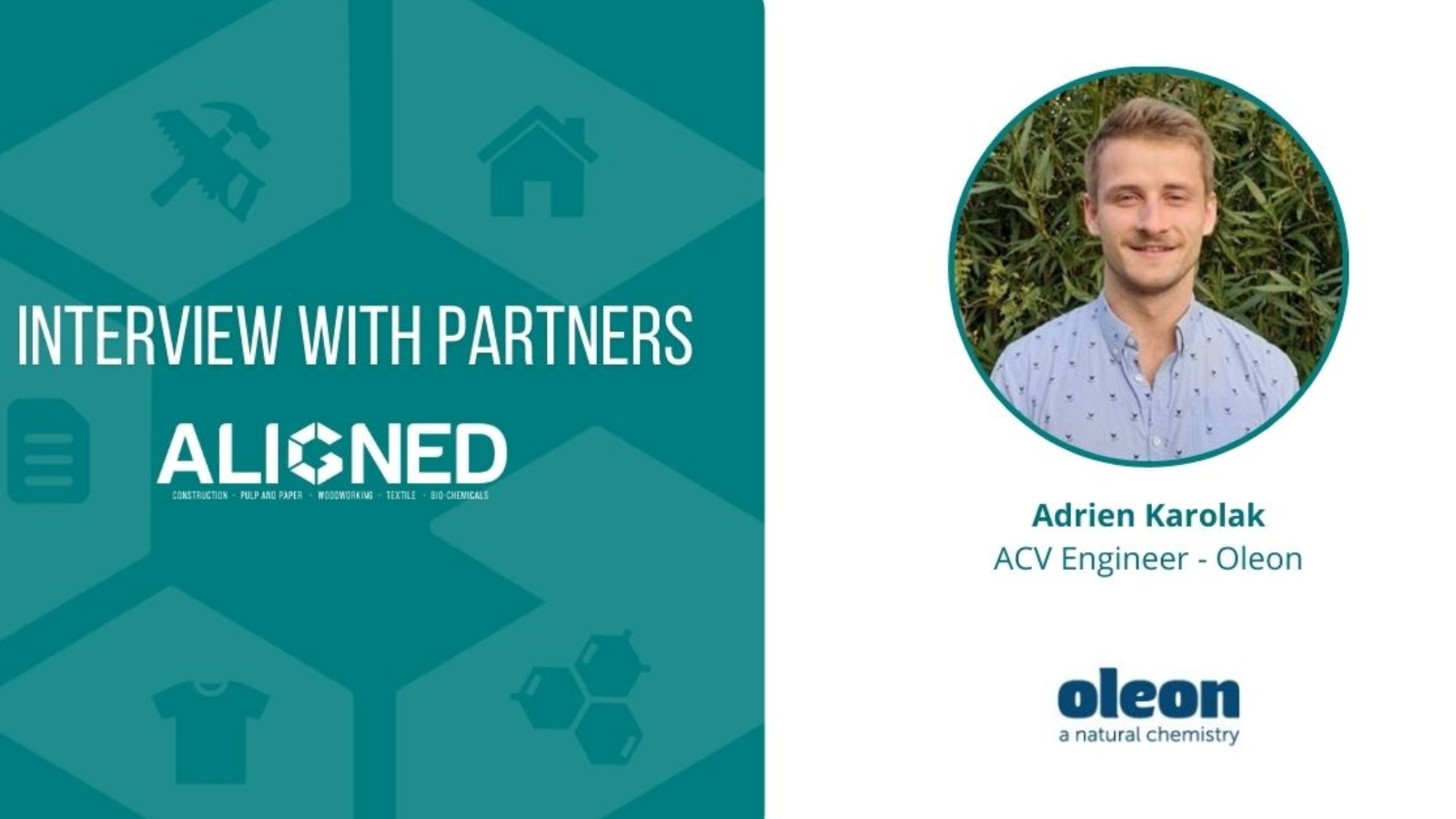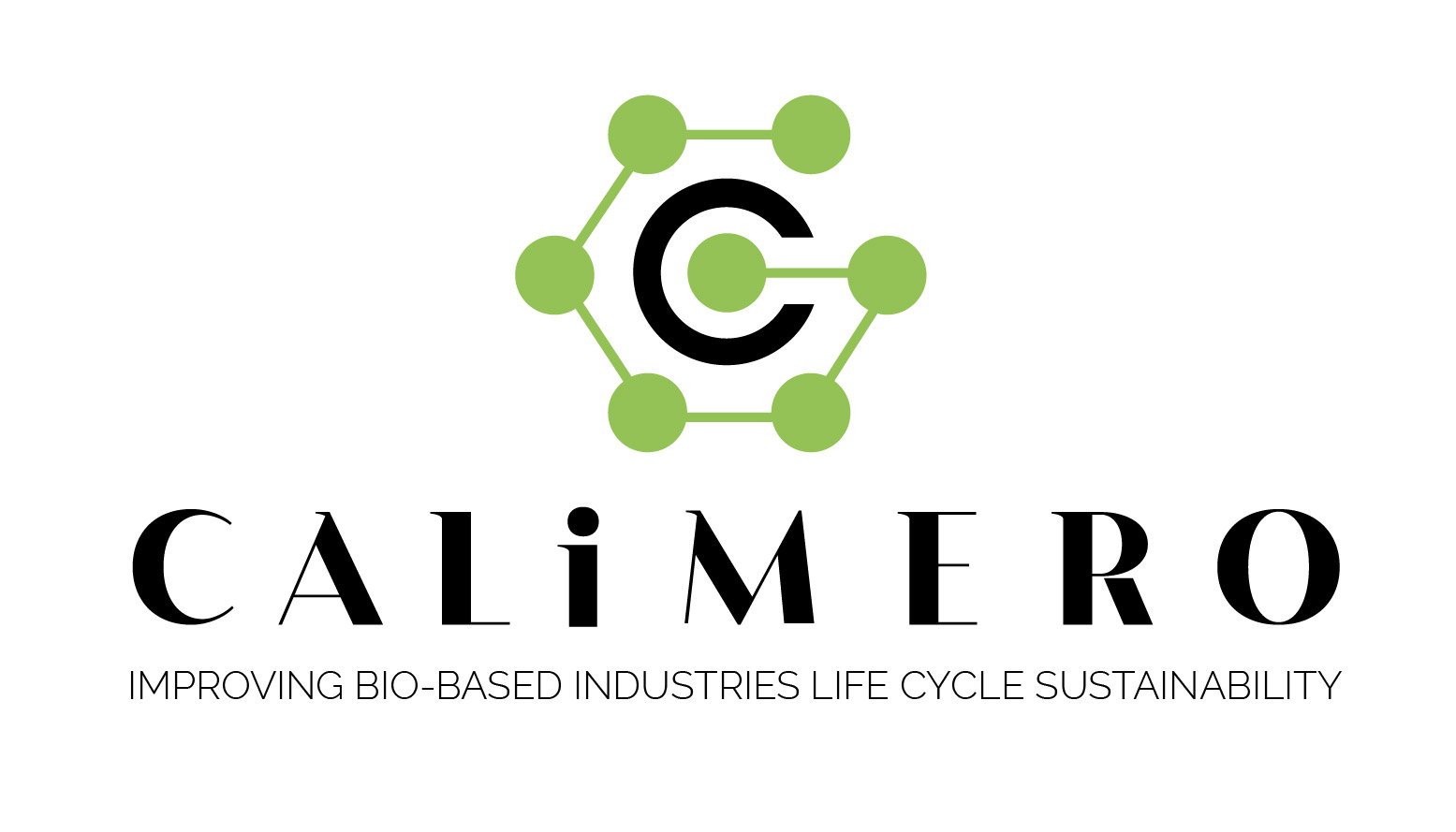Oleon, an oleochemicals company, plays a crucial role in representing the biochemicals sector within the ALIGNED project. In this interview featuring Adrien Karolak, we will explore Oleon’s specific role, with a primary emphasis on their selected case study concerning the production of acid dimers derived from plant-based fatty acids.
What is the role of OLEON in the ALIGNED project?
Oleon is an Oleochemicals company, and we are involved in the ALIGNED project as an industrial partner representing the biochemicals sector. Within this framework, our role is to provide a case study representative of our activities. We have chosen to work on acid dimers produced from plant-based fatty acids. This case study plays an essential role in the development of the ALIGNED project. Its aim is to provide information that will enable our academic partners to develop their models and tools. Ultimately, this will enable high-quality evaluation studies to be carried out in the bio-based sectors, with industrial relevance and interoperability.
How do you plan to conduct the identification and demonstration of solutions in the chemical sector? What are the main challenges?
The first step is to carry out a Life Cycle Assessment (LCA) of the case study we have chosen to work on. LCA is a very good analysis tool that will allow us to identify the major environmental impacts of our product and its location in its life cycle. Our experience in LCA developed prior to the Aligned project, has already enabled us to identify them. The next step will be to focus on the solutions to be put in place to reduce the environmental impact of this product. To do this, we are fortunate to be surrounded by skilled teams who are contributing their knowledge and expertise to our project. The role of our academic partners is also essential, with BTG and NTNU bringing a fresh outside perspective to our manufacturing and raw materials processes. And they are in a better position to make innovative proposals on the subject. Of course, developing a project of this scale comes with its share of challenges, as its objectives go beyond our usual working framework. For example, we want to carry out a complete environmental assessment of our product, its application, and its end-of-life (cradle to grave). This poses several difficulties, as Oleon is an intermediate player in the value chain. We collect a lot of information on the upstream part of our value chain, but little on the downstream part. So, we can carry out cradle-to-grave LCAs. We supply raw materials to our customers, who then transform them before they reach the end consumer. To carry out a cradle-to-grave LCA, we therefore need to include other stakeholders. In the bio-based chemicals sector, most of the environmental impact of products is due to the production of raw materials. If we want to effectively increase the sustainability of our products, it is essential that we also work on upstream agriculture. This means including our suppliers and studying the eco-design proposals for their production.























Add a Comment